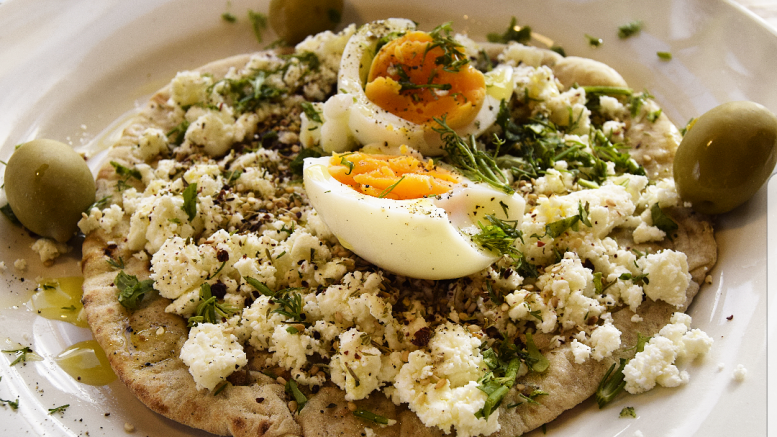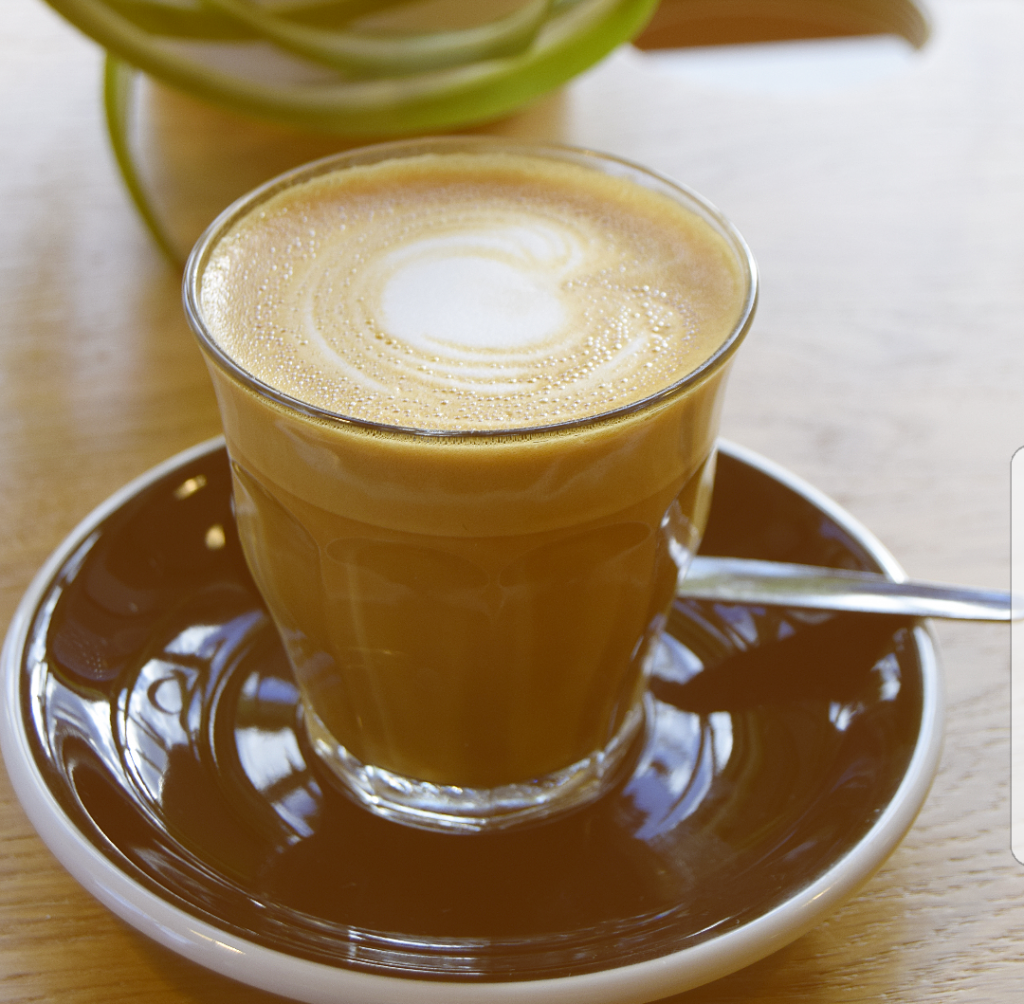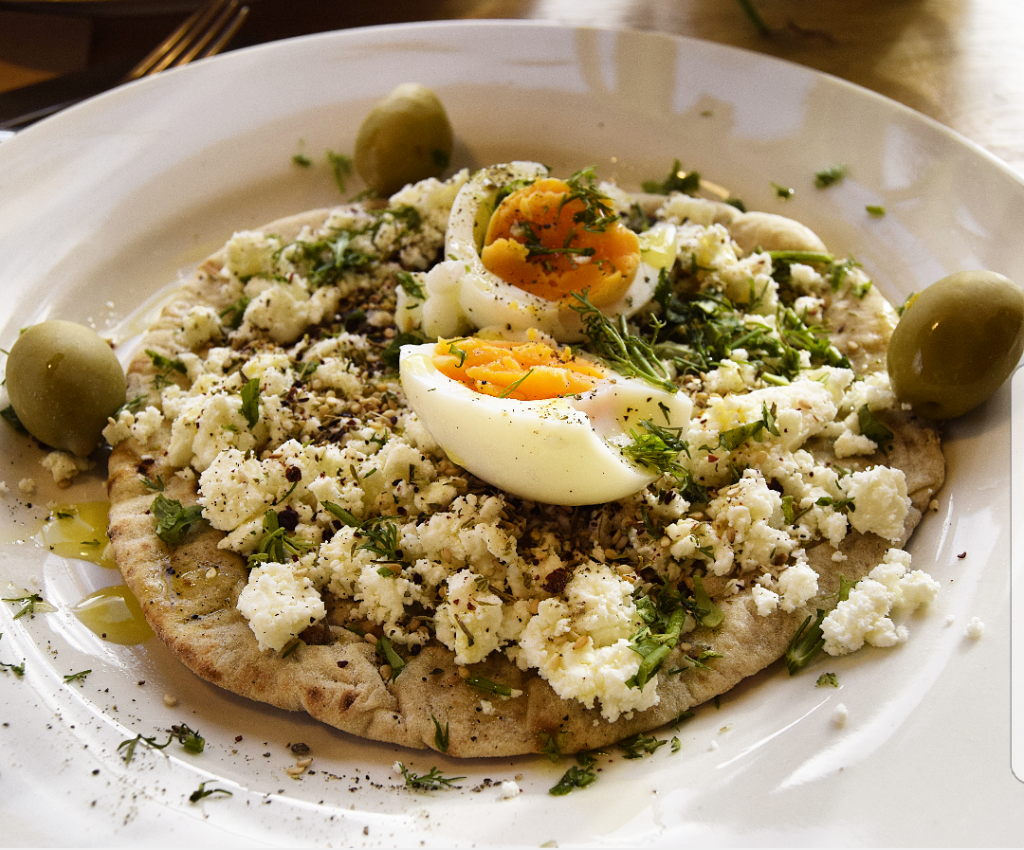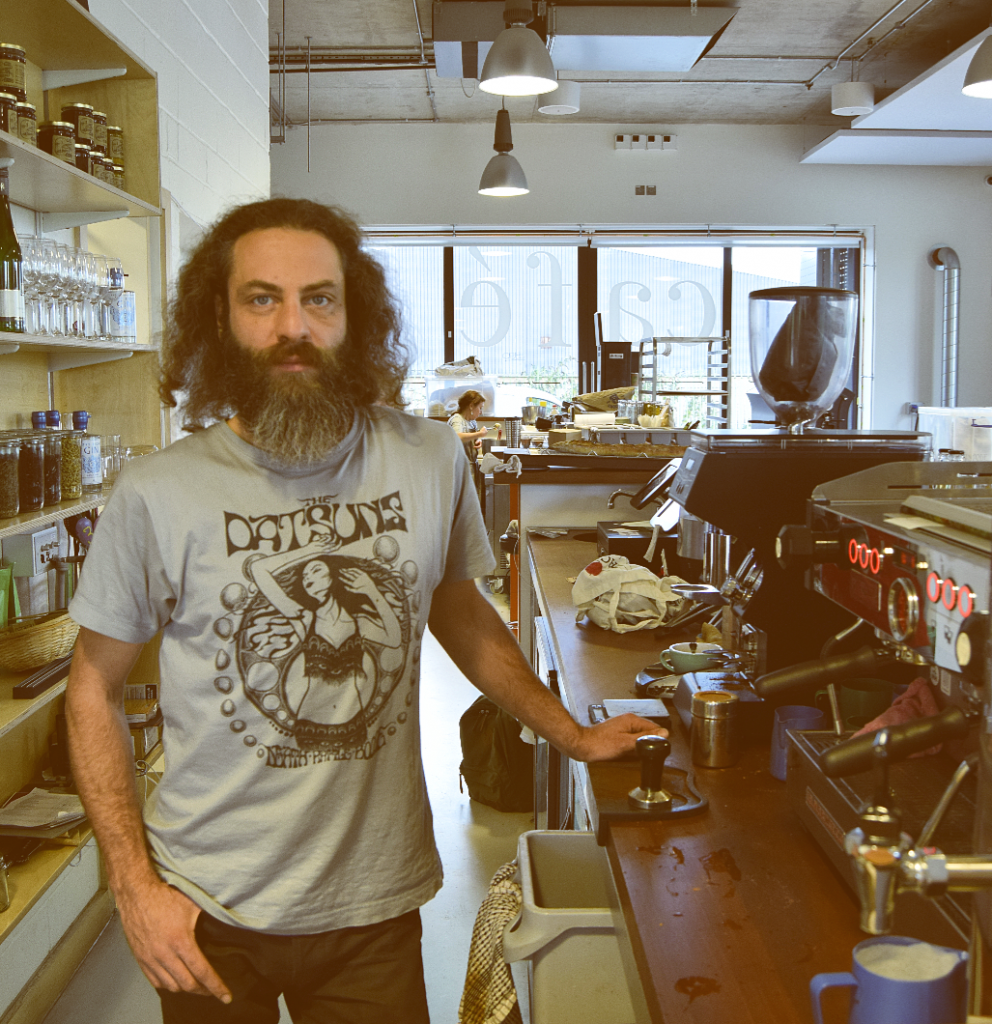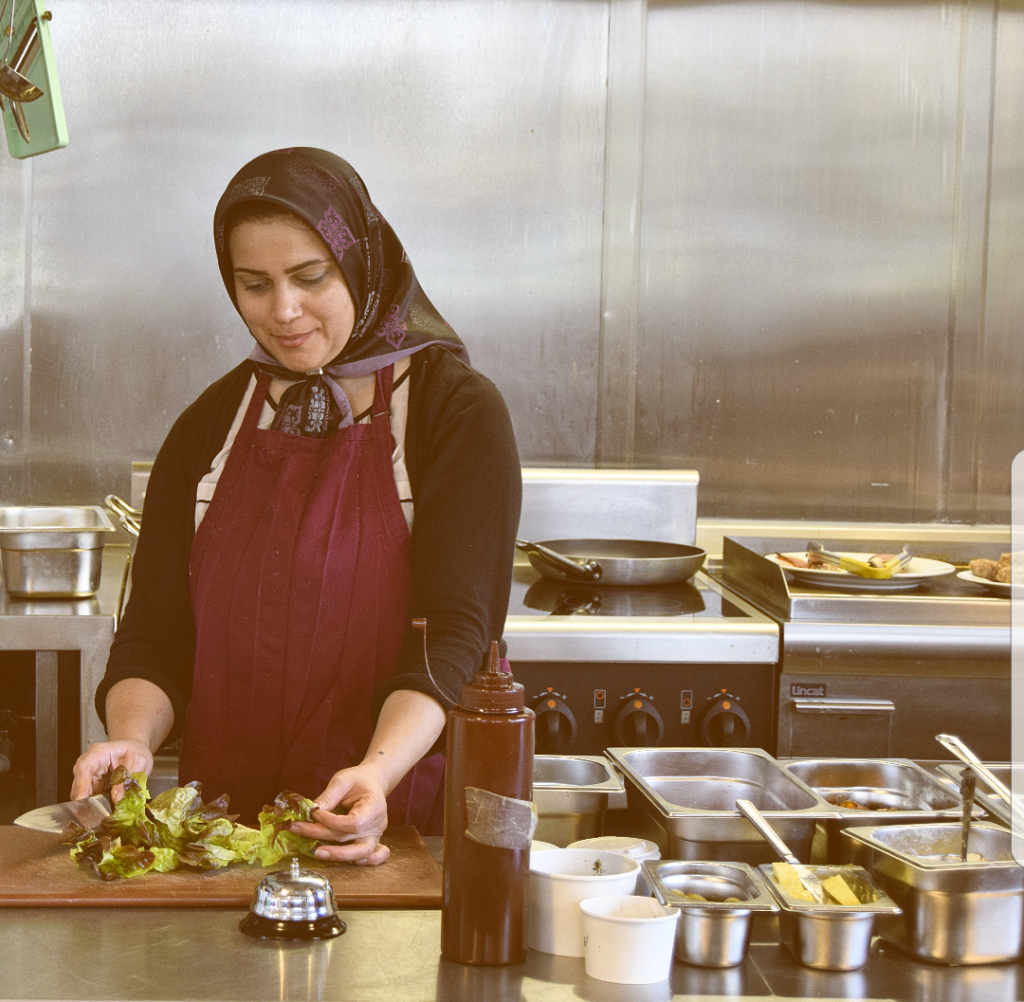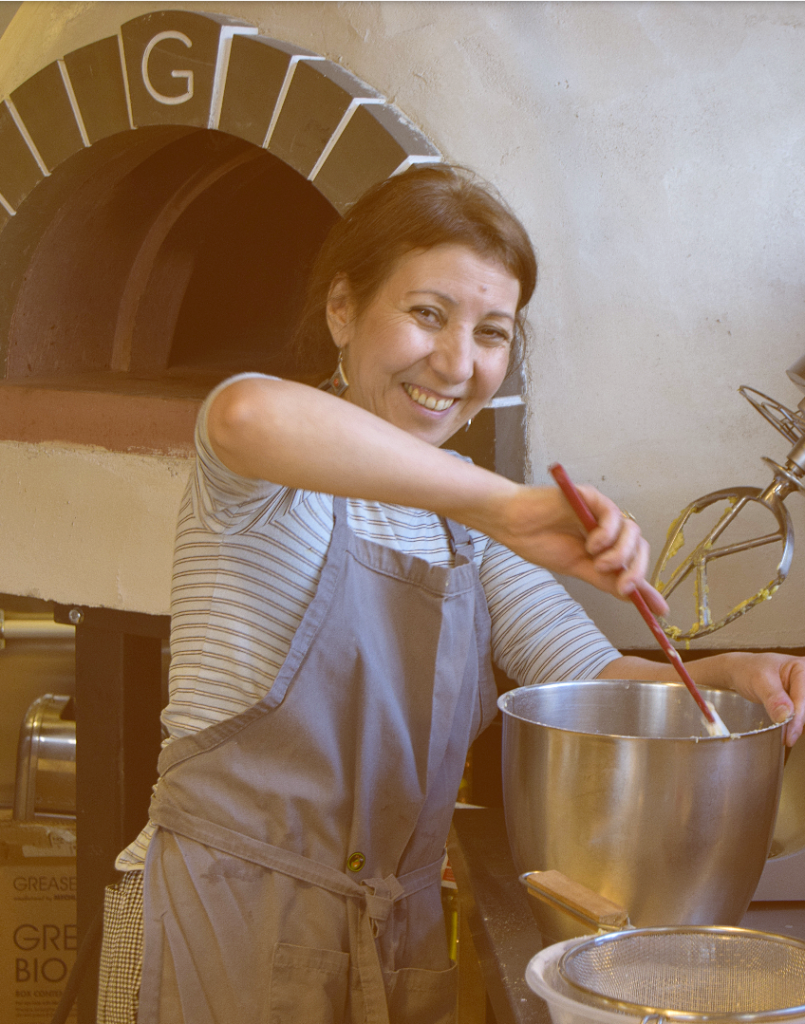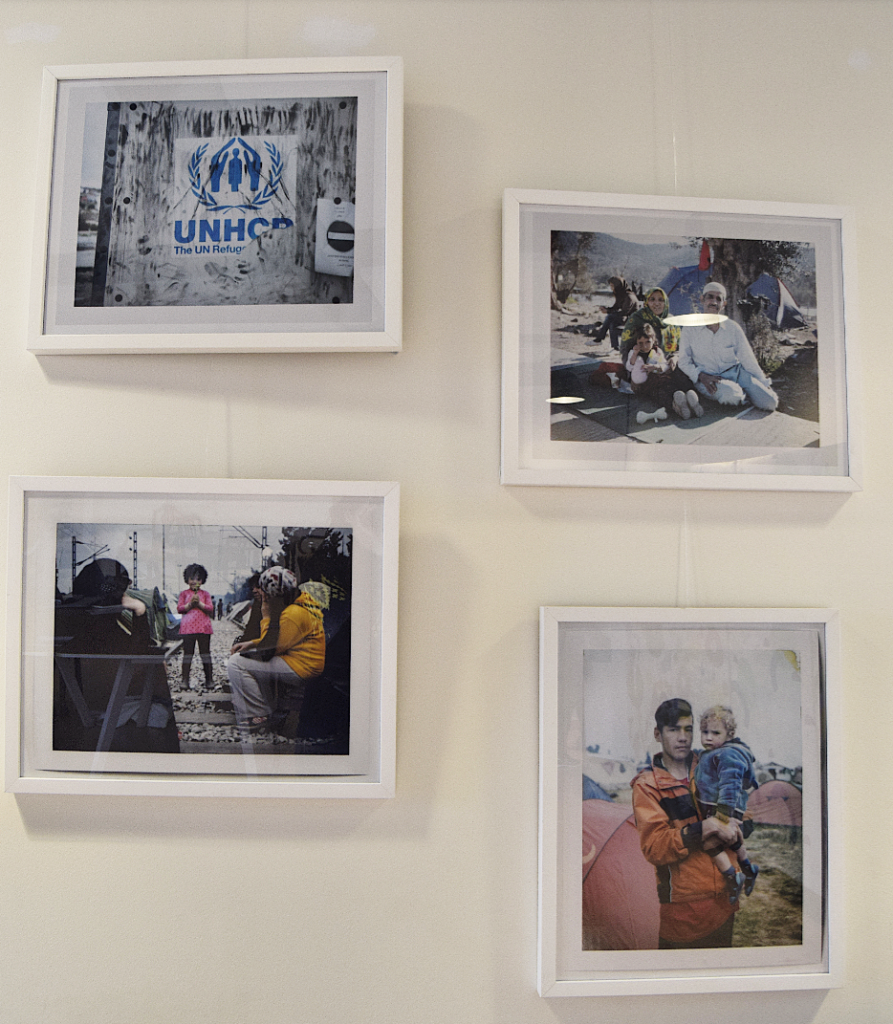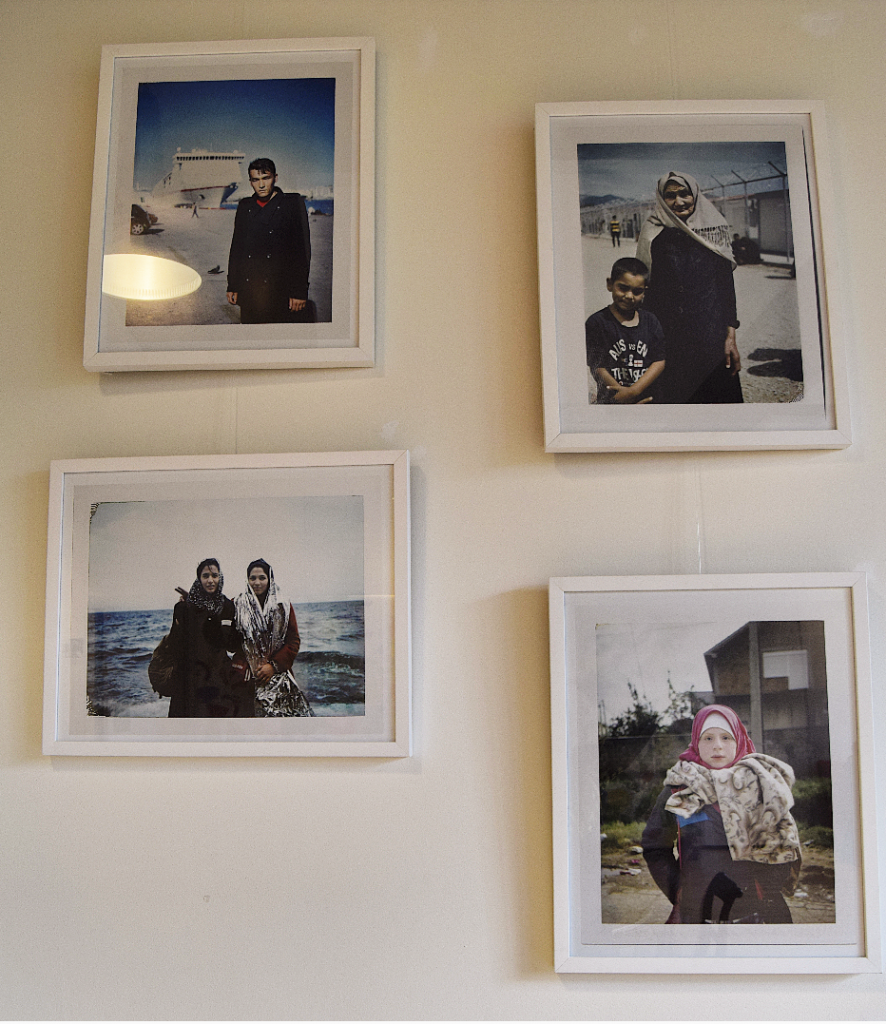The beautiful reality of ‘Just Bread’: baking workshops and a small cafe bakery chain with a conscience enabling refugee women in London to support themselves.
The sunlight gleams through the thick glass of the large windows, when I step in the Roasthouse in Poplar Union. It is just a few minutes away from the City, in London, but it seems far from the chaotic agglomeration of lights, voices and steps characteristic of Canary Wharf.
The chitchat of the people sat at the tables blends with the humble noise of the coffee machine. The kitchen is open, so that everyone can see the food getting prepared. Two women move resolutely around the kitchen tools, mixing puffy dough in metallic pans.
Nawal (not her real name), overlooks, with a friendly smile and a firm voice. She prefers not to be named, nor recorded. She brushes her dark hair back with her fingers before accepting to talk to me about her experience with Just Bread.
Nawal is a refugee who took part in a 10 week baking course in a partnership sponsored by the British Refugee Council. “Just Bread” is the name of the project, created in 2014 by Charity worker Liz Siena from her passion for baking in a multicultural environment, offering a baking course to refugees and asylum seekers and help them enter the job market. Embraced and hosted by the E5 Bakehouse ever since, Just Bread grew far beyond a baking course, into a means for refugees to support themselves in a world extremely reluctant in accepting “refugee” stamped right-to-work visas. The success of the Bakehouse led to the opening of the Roasthouse in Poplar Union in September 2017, to offer continuity to the program and help refugees work in a healthy environment.
I order a flatbread, one of the signature dishes at the Roasthouse, and a coffee. The barista has deep blue eyes and a warm look. He accepts timidly to be photographed, drawing beautiful leaves of milk without the need to focus too much on it. He says he is into photography too; he makes documentaries.
The flatbread tastes amazing with seeds, olives, boiled eggs and goat cheese sprinkled on top. The perfect twist to the usual brunch. “Do you like it?” Nawal appears with a smile and takes a seat at my table. In her fifties, she came to London a few years ago, from one of the Middle Eastern countries. She is naturally talkative and needs little direction or prompt from me in telling her story: “In London, whenever you need to go to the grocery shop, you just walk out the door. In my country it’s not that easy, there is less freedom.” She looks up for a moment: “And” a glance of a smile crosses her face: “I am gay”.
Middle Eastern countries, ranked last at a global level in the WEF Gender Gap Report, are infamous for their restrictive laws towards women. In the worst cases, women must obtain a male relative’s permission and be accompanied by a male in order to take public transport, apply for a job or even to access healthcare. Moreover, homosexuality is illegal in 10 of the 17 Middle Eastern countries, six of which impose the death penalty upon conviction of the ‘crime’: “I lived in secrecy for all my life. You cannot be gay where I come from”. When I ask her how her family reacted she moves her hair back: “My family doesn’t know. I don’t want to upset them. I told them that I had got a working visa” She laughs nervously, scrolling her head: “when they come over I just behave”.
Despite having a masters degree and willing to work in any environment, for a whole year she never received a call back off the plethora of submitted applications. After a couple of negative experiences, underpaid and treated more like a number than a person, she found the Just Bread initiative through the British Refugee Council: “It’s not easy to be a refugee. In my CV I wouldn’t mention it. But when they see your ID they don’t call you back. Or maybe they just didn’t like me.” She is glad to have found the Bakehouse: “It’s a lovely environment to be part of. They don’t treat you like a slave. They treat you nothing less than anyone else”.
Open only since September, the Roasthouse, as well as offering a daily menu, now collaborates on a weekly basis with Borough Market, producing 500 organic flatbreads a week for Gourmet Goat.
I look around before heading back. The sunlight gives the furniture a warm glow, music plays lightly in the background. Hanging on the walls silent photographs telling a story that we are used to reading in the sterile reality of the news, made of numbers and confused faces. It is overwhelmingly intense, yet refreshing in a way that I might not be able to fully explain, having the chance to interact with individuals that met a reality we will never understand, from the gaze of our muffled, privileged existences.
Words: Giulia Trinci

